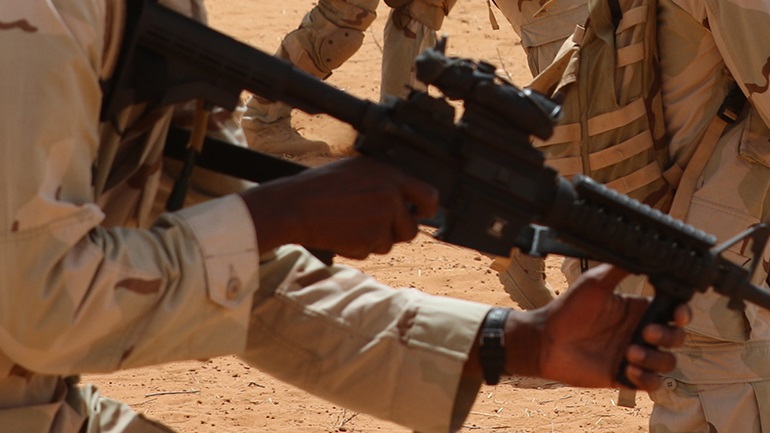The massacre in northeastern Burkina Faso earlier this month, when more than 130 people were killed – 132 according to the official government death toll, 160 according to local sources – was carried out mainly by recruited children between the ages of 12 and 14, they said yesterday. Fifth the government and the United Nations.
Gunmen stormed the village of Solhan on the afternoon of June 4, opened fire on residents and set fire to houses. It was the worst act committed in years in the area of jihadists swearing allegiance to either Islamic State or al-Qaeda.
Government spokesman Useni Tambura said most of the perpetrators were minors. The UN immediately stigmatized the event.
“We strongly condemn the recruitment of children and adolescents by non-governmental armed organizations. “This is a clear violation of their fundamental rights,” the United Nations Children’s Fund (UNICEF) said in a press release.
Despite the intervention of both the UN peacekeeping mission and the troops of other countries, jihadist attacks continue unabated along the Sahel zone in West Africa – in Burkina Faso, Mali, Niger and elsewhere.
Officials in the area where this month’s attack took place – jihadists control large parts of it – say there have been other cases where children have been used as spearheads for such actions. But this is by far the bloodiest.
From 2018, in the poorest country in West Africa, attacks on the military and civilians continue to increase.
Hundreds of people have been killed and more than 1.2 million others displaced, according to UNICEF estimates. Many of the displaced are concentrated in makeshift camps. More than 2,200 schools have closed – or almost one in ten – depriving 300,000 children of their education.
Also yesterday, the Parliament in Burkina Faso approved the extension of the state of emergency that is in force in many provinces from December 2018 for another 12 months from July 13. The state of emergency suspends several fundamental freedoms, such as the right of assembly, while giving security forces various powers, such as the ability to search homes without a warrant, day or night.



